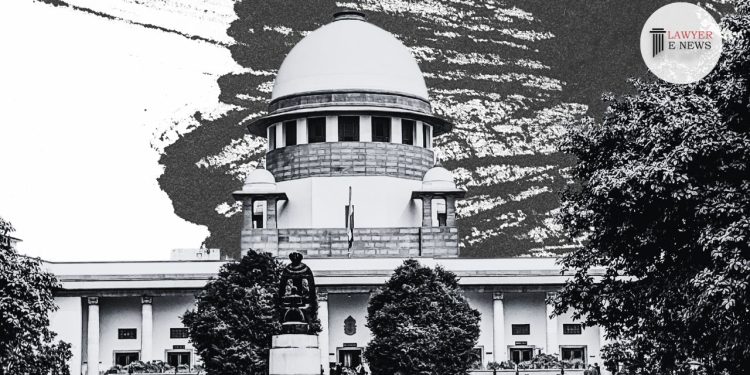At the Preliminary Stage, the Focus is Not on the Truthfulness of the Allegation but on the Existence of Sufficient Ground to Proceed: Supreme Court on Establishing Prima Facie Case in Summoning Stage

The Supreme Court has set aside the High Court and Sessions Court decisions, restoring the summoning orders against respondents involved in a case of marital deceit and financial inducement. Justices C.T. Ravikumar and Rajesh Bindal presided over the bench, emphasizing the importance of a prima facie case at the summoning stage in criminal proceedings.
Legal Background: The appellant, Aniruddha Khanwalkar, was challenging the decisions that quashed summoning orders for offences under Section 420 (Cheating) and Section 120-B (Criminal Conspiracy) of the Indian Penal Code. The allegations pertained to deceit about the marital status of respondent no.1 and inducing the appellant to part with ₹2 lakhs for marriage expenses under false pretenses.
Core Issues and Facts: The appellant’s marriage was conducted under the impression that respondent no.1 was divorced, which later turned out to be false. Subsequent revelations about her pregnancy and ongoing marital status with another individual led the appellant to confront significant legal and personal dilemmas.
Detailed Court Assessment:
Criteria for Summoning: “At the preliminary stage, the focus is not on the truthfulness of the allegation but on the existence of sufficient ground to proceed,” Justice Bindal remarked. This observation was critical in reversing the lower courts’ decisions which improperly dismissed the necessity of a prima facie case at the summoning stage.
Error in Lower Court Judgments: The apex court criticized the lower courts for their failure to appreciate the basic requirements at the summoning phase, noting that the case was treated unfairly as though it was at the trial stage rather than the preliminary examination of available evidence.
Prima Facie Evidence Overlooked: The judgment highlighted that both documentary and oral evidence presented by the appellant was sufficient to establish a prima facie case which the Sessions and High Courts failed to acknowledge correctly.
Final Decision: The Supreme Court allowed the appeal, reinstating the original summoning order by the Magistrate, which directed the respondents to face trial under the implicated sections of the IPC. The trial is to proceed based on its merits, taking into account all the evidence presented.
Date of Decision: April 26, 2024
Aniruddha Khanwalkar vs. Sharmila Das & Others






